Eating fruit regularly can help you stay healthy. However, not all fruits are created equal.
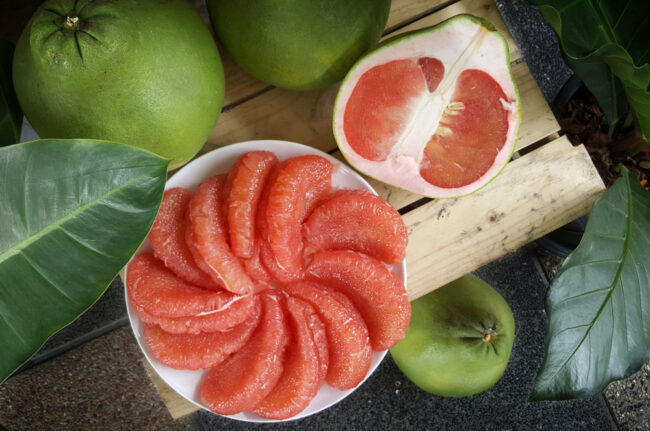
Some fruits offer unique health benefits. Here are the top ones:
Grapefruit
Grapefruit is one of the healthiest citrus fruits. In addition to being a good source of vitamins and minerals, it is also known for its ability to aid weight loss and reduce insulin resistance.
In a study in 91 people, those who ate half a fresh grapefruit before meals lost 3.5 pounds (1.3 kg) more than those who did not.
In the same study, the grapefruit group had significantly reduced insulin levels and reduced insulin resistance.
Additionally, eating grapefruit has been shown to lower cholesterol levels and help prevent kidney stones.
Pineapple
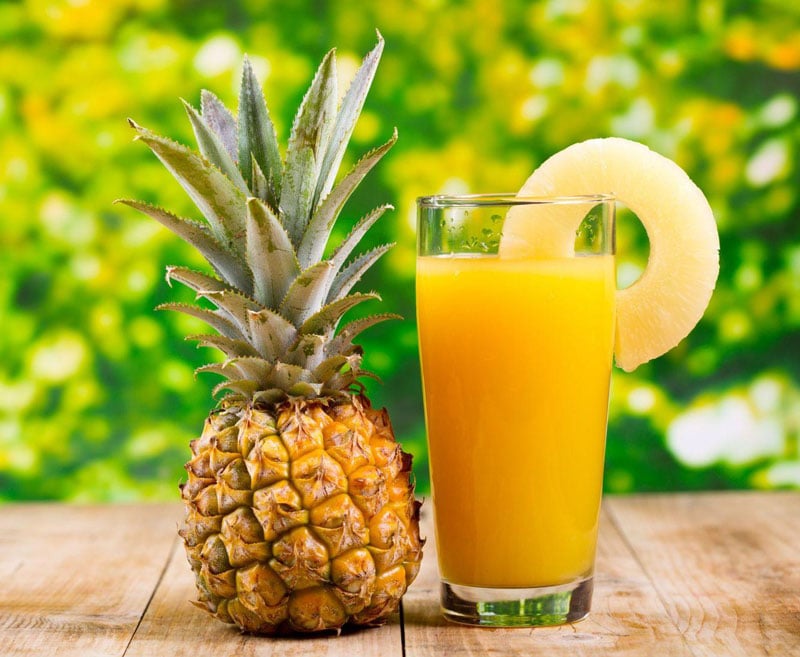
Among tropical fruits, pineapple is a nutritional superstar. Pineapple is rich in vitamin C, manganese.
Pineapple also contains bromelain, a mixture of enzymes known for its anti-inflammatory properties and ability to digest protein.
Test-tube and animal studies suggest that bromelain may help protect against cancer and tumor growth.
Avocado
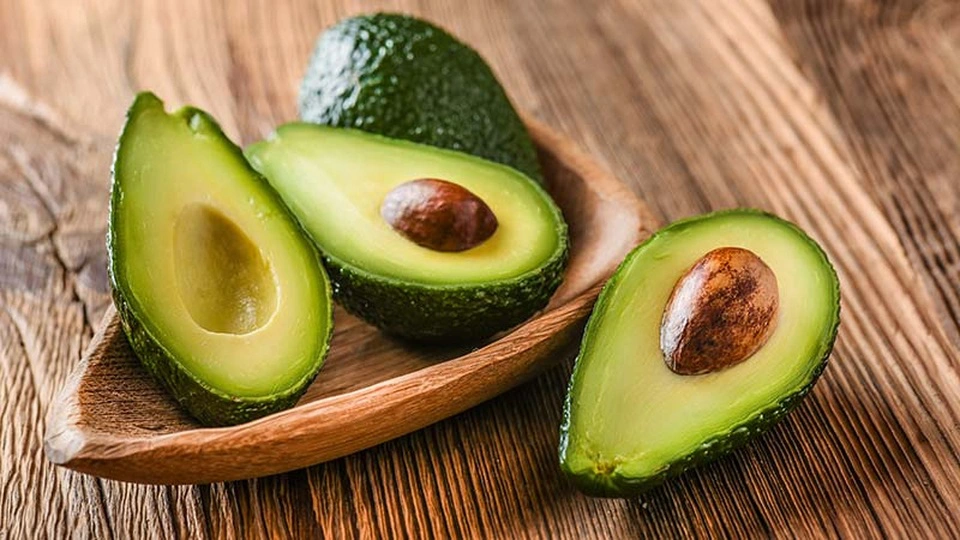
Avocados are different from most other fruits. Most fruits are high in carbs, while avocados are low in carbs and consist mostly of healthy fats.
The majority of the fat in avocados is oleic acid, a monounsaturated fat that has been linked to reduced inflammation and better heart health.
In addition to healthy fats, avocados are high in potassium, fiber, and magnesium. Adequate potassium intake has been linked to lower blood pressure and a reduced risk of stroke.
Apple
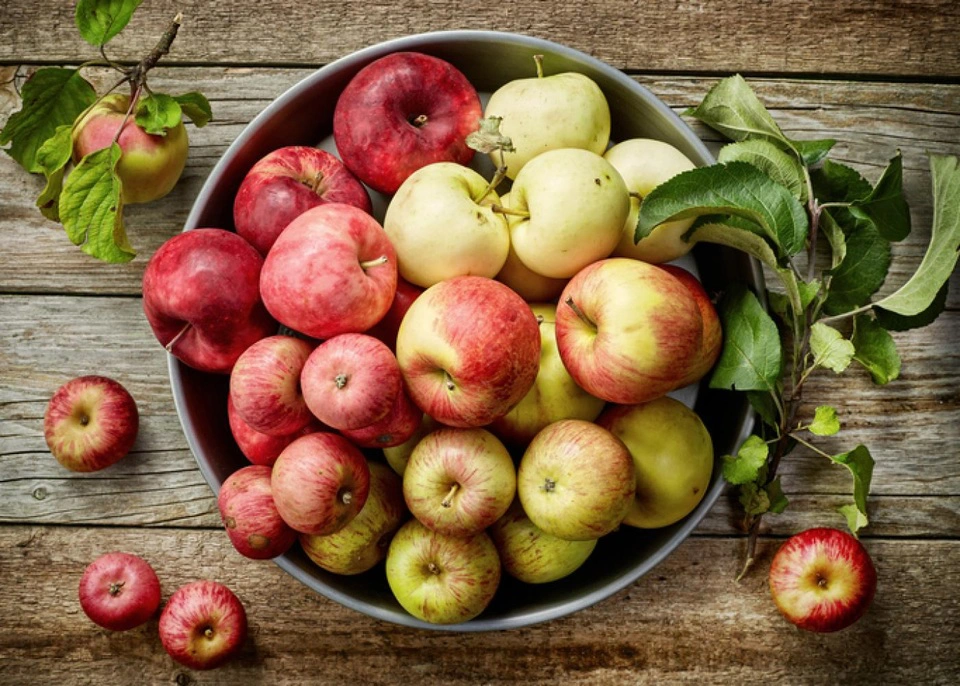
Apples are one of the most popular fruits and are also incredibly nutritious. They contain a high amount of fiber, vitamin C, potassium, and vitamin K. They also provide some B vitamins.
Studies show that the antioxidants in apples may promote heart health and reduce the risk of type 2 diabetes, cancer and Alzheimer's disease.
Another notable health benefit of apples is their pectin content. Pectin is a prebiotic fiber that feeds the good bacteria in your gut and helps improve digestive and metabolic health.
Pomegranate
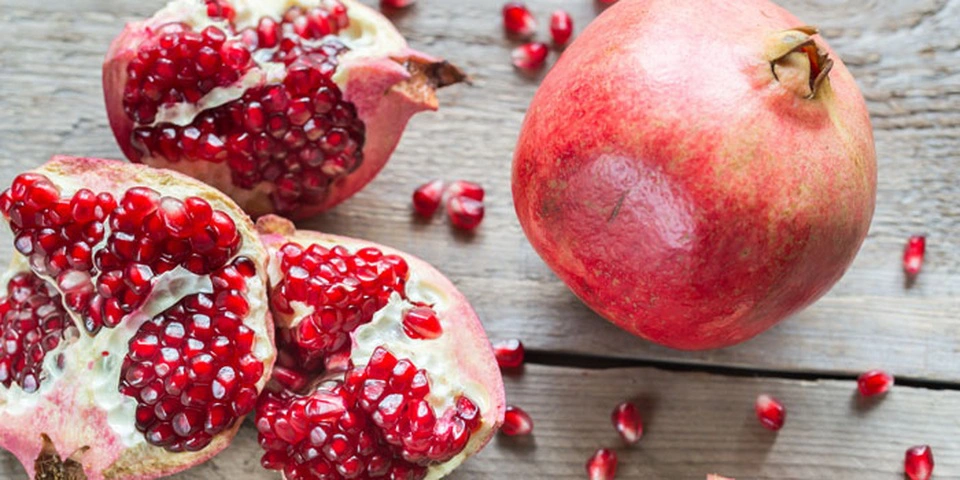
Not only are pomegranates nutritious, they also contain powerful plant compounds that are responsible for most of their health benefits.
The antioxidant levels in pomegranates have been shown to be three times higher than green tea and red wine.
Studies also show that pomegranates have anti-inflammatory effects and may help reduce the risk of cancer.
Mango
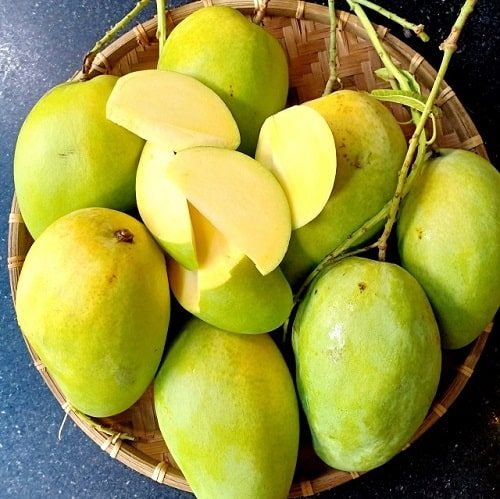
Mangoes are an excellent source of vitamin C. They also contain soluble fiber, which may provide many health benefits.
Additionally, mangoes have powerful antioxidant and anti-inflammatory properties that may help reduce the risk of disease. In animal studies, plant compounds in mangoes have been shown to protect against diabetes.
Strawberry
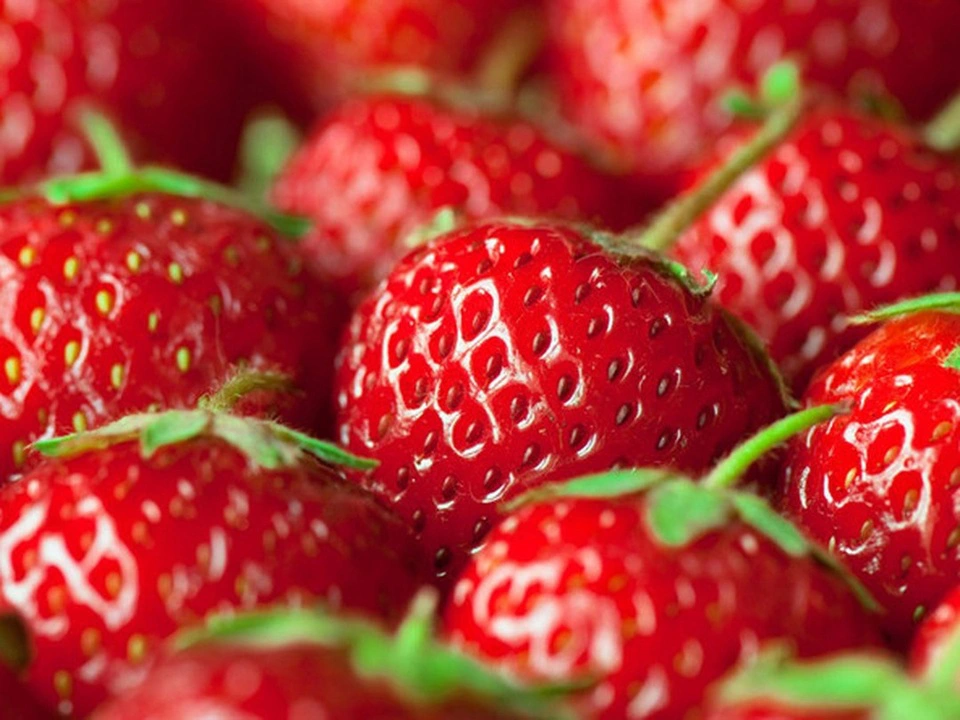
Strawberries are highly nutritious, rich in vitamin C, manganese, folate, and potassium. Compared to other fruits, strawberries have a relatively low glycemic index. Eating them will not cause a large increase in blood sugar.
Similar to other berries, strawberries are high in antioxidants, which may reduce the risk of chronic disease.
Animal and test-tube studies have found that strawberries may also help prevent cancer and tumor formation.
Lemon
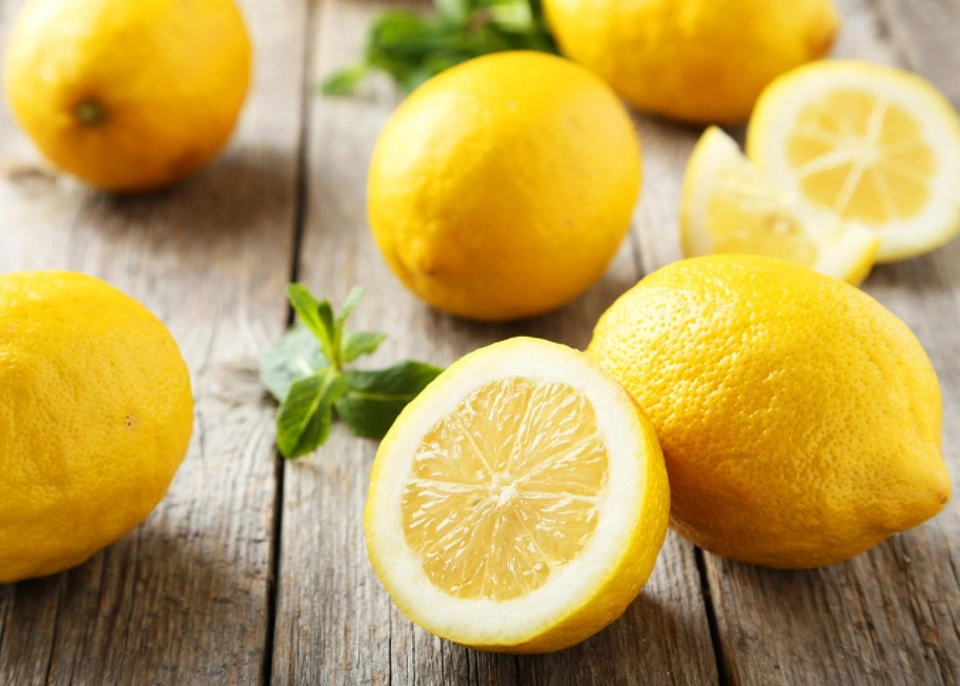
Lemon is a very healthy citrus fruit known for its high vitamin C content.
They may be particularly helpful in promoting heart health due to their ability to lower blood lipids and blood pressure.
Based on findings from animal studies, researchers have also suggested that the plant compounds in lemons may help prevent weight gain.
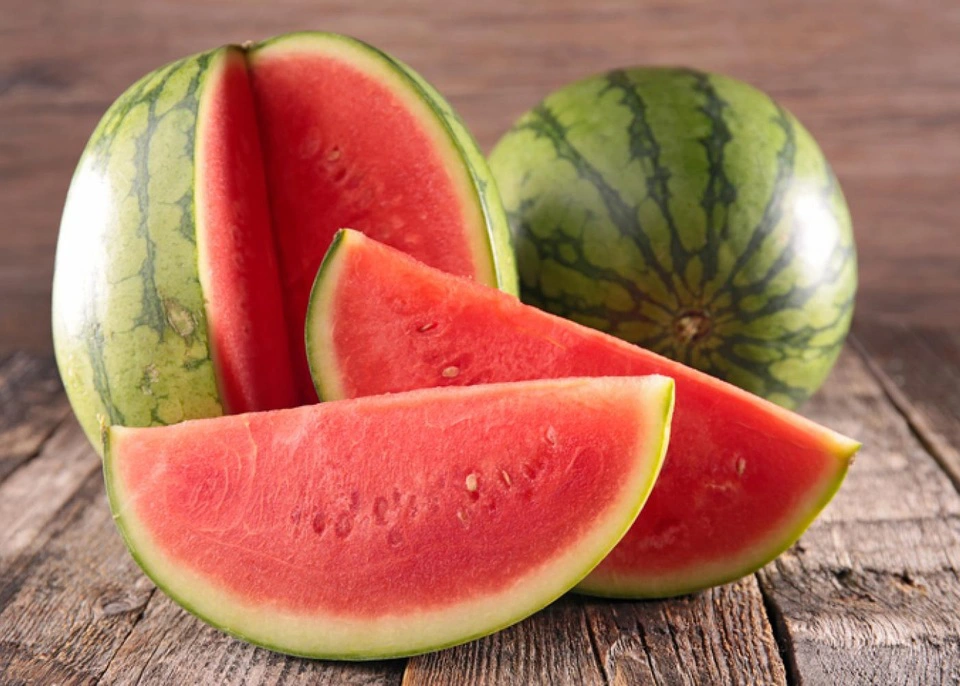
Watermelon
Watermelon is high in vitamins A and C. It is also rich in several important antioxidants, including lycopene, carotenoids, and cucurbitacin E.
Several antioxidants in watermelon have been studied for their anti-cancer effects.
Lycopene intake has been associated with a reduced risk of digestive system cancers, while cucurbitacin E may inhibit tumor growth.
Consuming foods rich in lycopene may also promote heart health because of their ability to lower cholesterol and blood pressure.
Of all the fruits, watermelon is one of the most hydrating. It is made up of 92% water, which can help keep you feeling fuller for longer.
Orange
Oranges are one of the most popular and nutritious fruits in the world .
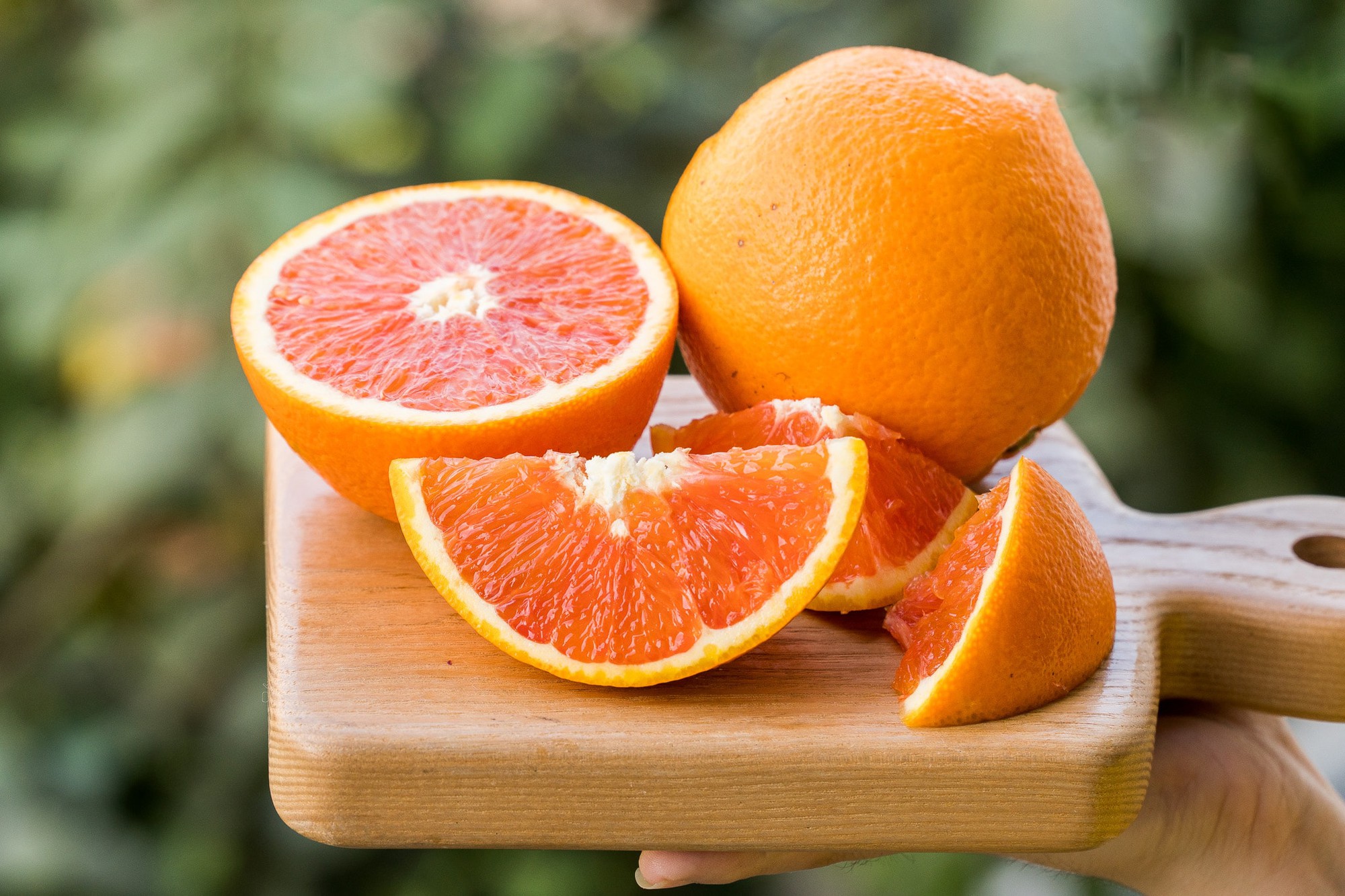
Eating a medium orange will provide a significant amount of vitamin C and potassium. They are also a good source of B vitamins, such as thiamine and folate.
Plant compounds in oranges are responsible for most of their health benefits. These include flavonoids, carotenoids, and citric acid. For example, citric acid may reduce the risk of kidney stones.
Oranges are similar to lemons with impressive amounts of vitamin C and citric acid, which help boost iron absorption and prevent anemia.
Banana
Bananas are rich in vitamins and minerals and have many health benefits. They are famous for being high in potassium.
Bananas also contain pectin, which is good for digestive health. Furthermore, studies have shown that bananas are also a great choice for you before exercising.
Guava
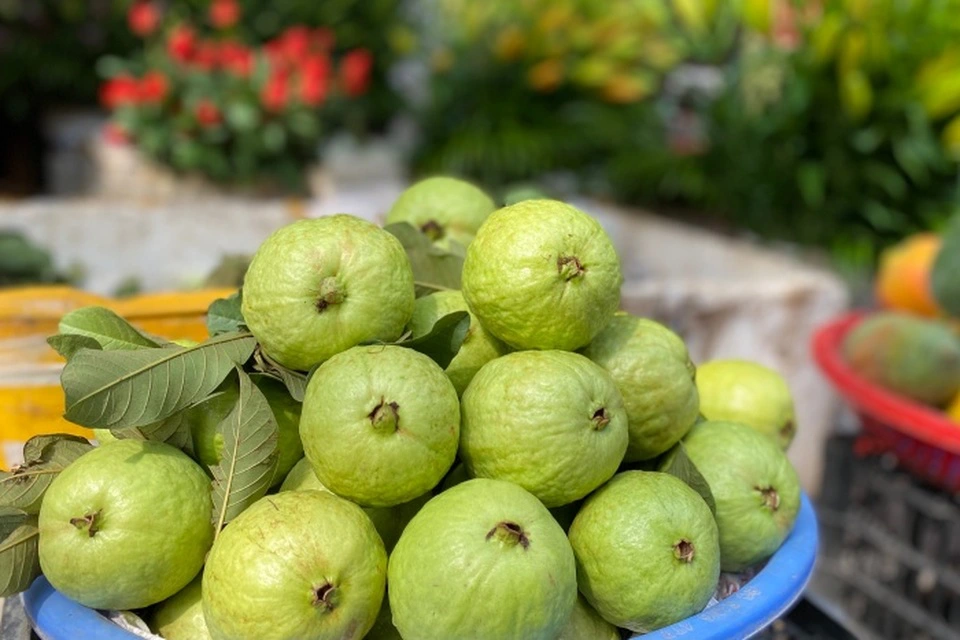
Guavas are rich in vitamin C, fiber, folate, vitamin A, potassium, copper, and manganese. The antioxidants in guava have been shown to protect cells from oxidative damage, suggesting that they may help reduce the risk of chronic disease.
Guava is another great source of pectin, which benefits digestion and may help prevent colon cancer.
Papaya
Papaya is a very healthy fruit that is rich in vitamin C, vitamin A, potassium and folate. It is also rich in the cancer-fighting antioxidant lycopene.
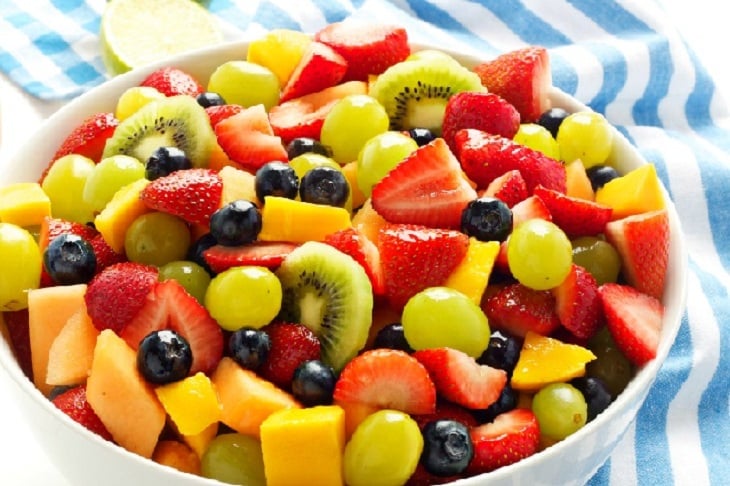
Furthermore, studies show that the body absorbs lycopene from papaya better than from other lycopene-rich fruits and vegetables.
There is also some evidence that papaya can improve digestion. It contains papain, an enzyme that helps break down proteins.
Source




























![[Photo] National Assembly Chairman Tran Thanh Man visits Vietnamese Heroic Mother Ta Thi Tran](https://vphoto.vietnam.vn/thumb/1200x675/vietnam/resource/IMAGE/2025/7/20/765c0bd057dd44ad83ab89fe0255b783)





































































Comment (0)